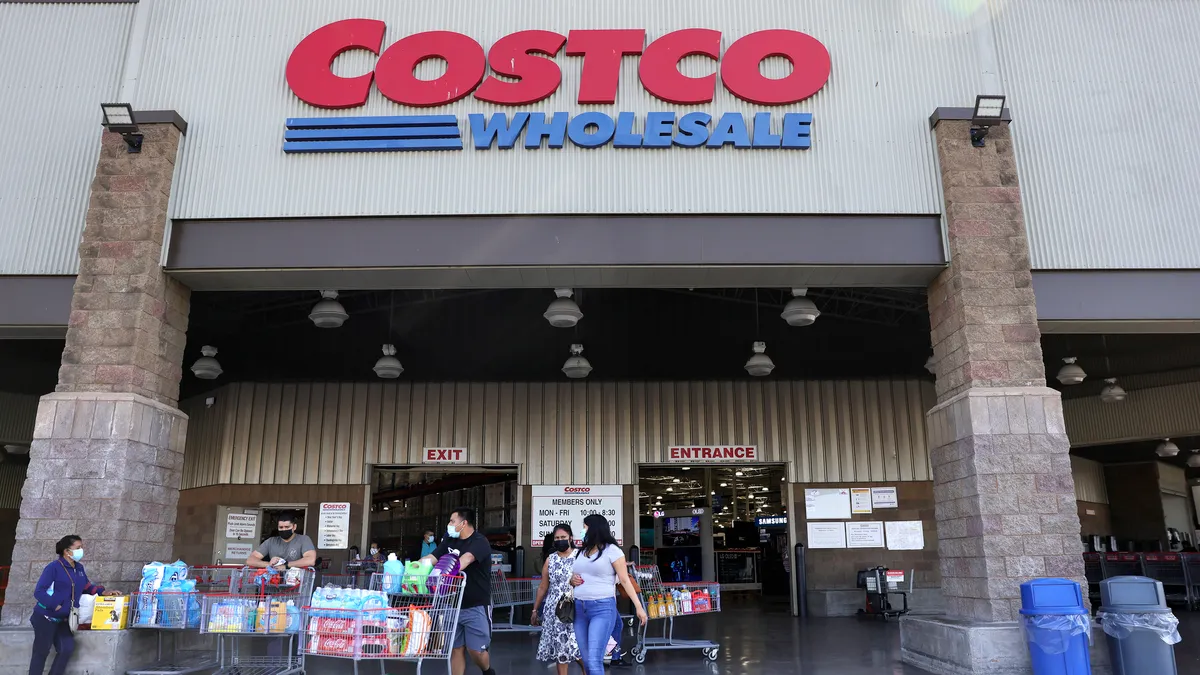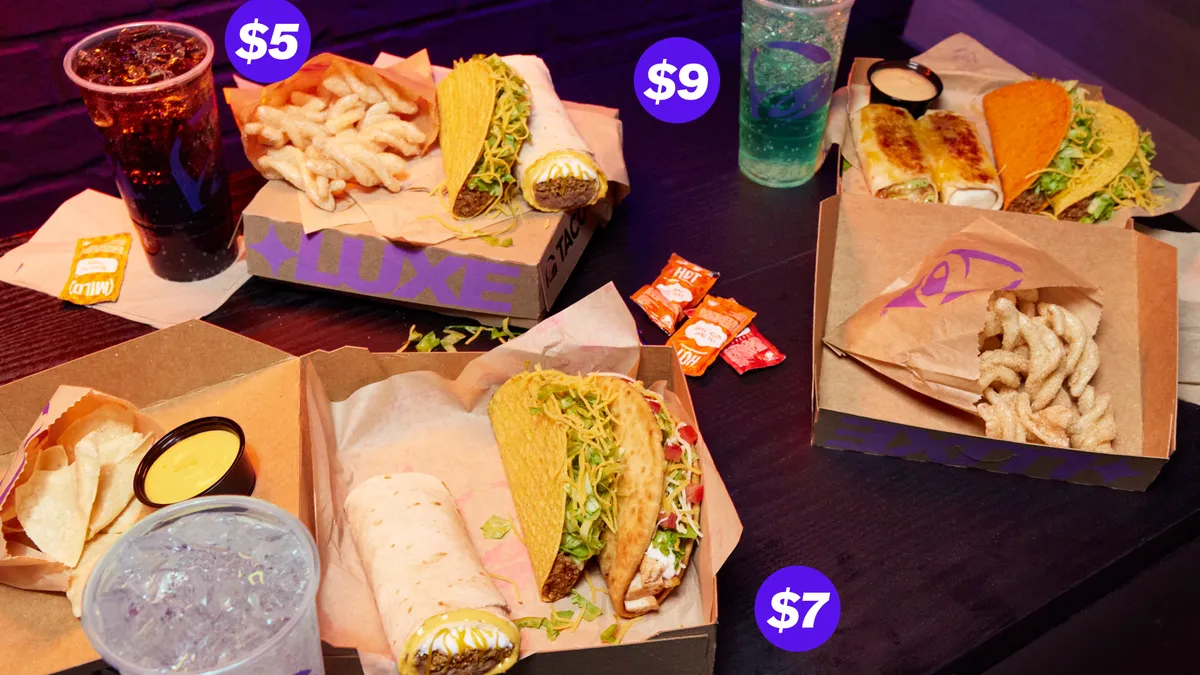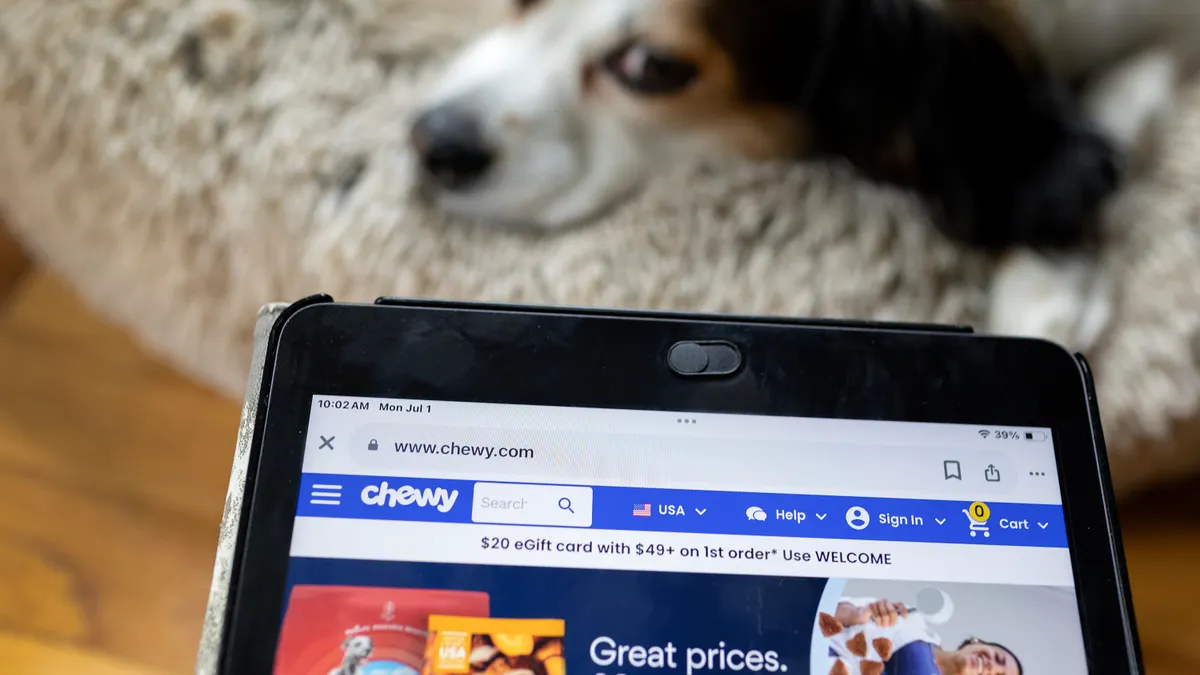Brands as diverse as Nike, Zappos and Coca-Cola might seem like unlikely peers, but they share something in common: Each company positions itself as a supportive friend to the customer through its messaging and service.
Nike’s “Just Do It” slogan offers encouragement, while Coca-Cola’s “Share a Coke” evokes a sense of friendship and connection.
Online shoe retailer Zappos’ personalized customer service includes handwritten thank-you notes and round-the-clock access, helping to build a more intimate connection with customers.
It’s a powerful place for brands to position themselves, with consumer research showing there’s a value dividend when brands build emotional bonds with customers, according to a Harvard Business Review.
Its study showed that emotionally connected customers are twice as valuable as highly satisfied customers, demonstrating the importance of genuine relationships, although they must consistently deliver to maintain trust.
“Very few brands do as good a job as Nike in getting to the heart of their customers and showing up in a consistent way, which is a crucial element of friendship,” said Stephanie Crockett, president and CEO of Mower.
Amazon-owned Zappos, too, is consistent with its efforts to connect with customers.
“Zappos understands it's showing up every day for customers, making things easy for them and demonstrating surprise and delight all the time,” Crockett said.
Showing up day in, day out
Just as in life, friendship and trust need to be reinforced over time — and this takes consistency.
“It’s the same for brands that have to continually demonstrate why they're a good match and why they're relevant, along with consistent quality of the product and the other experiences customers have with the brand,” Crockett said.
Mower’s approach to brands, including iconic workwear brand Carhartt, is “Making Fierce Friends,” developed through a process of research and testing to identify the core elements. The aim is to build a friendship connection and drive loyalty.
“It's proven to work time and time again for so many of the brands to produce long-lasting relationships that produce great results,” Crockett said.
Mower’s strategy centers on developing deep, authentic connections between customers and brands through affection, relevance and trust. Crockett believes these three key elements encapsulate the traits and attributes of friendship.
“The same building blocks that create strong lifelong bonds between people can also foster strong advocates and lifelong customers for companies,” she said.
Friendship involves functional benefits, and brands need to deliver hyper-functionality, utility and consumer centricity, the key markers of the most meaningful brands, according to Havas Media’s 2023 Meaningful Brands report.
In the current context of global uncertainty, people are examining everything through the lens of “me.” Brands regarded as meaningful to customers outperform their peers, Havas found.
Even so, setting out to become firm friends doesn’t come without risks. Execution is critical, lest the connection sour.
“If you set yourself up as a friend, you need to deliver on that day in, day out, in all of the ways you have to engage with your customers, from advertising all the way through to the experience they have,” she said.
Do brands need to progress beyond the friend zone?
The friend zone might not be enough to forge deeper ties with customers. To bolster the bond of loyalty and build a defense against customers going elsewhere, a stronger connection is needed.
They need to aim for the “Love Zone,” to not only become loyal advocates but also emotionally invested in your brand’s success, according to Doug Zarkin, chief brand officer for Good Feet Worldwide, a portfolio of health and wellness brands, and author of “Moving Your Brand Out Of The Friend Zone.”
Zarkin points to brands such as the Ritz-Carlton, Zappos, Four Seasons and Amazon as those that prioritize customer experience.
“They treat every customer as though they’re the only customer,” he said.
There’s a risk that brands don’t fully understand where they are in the mindset of their customer and, as a result, make ambitious predictions on how the business will perform, but find themselves in a shortfall, according to Zarkin.
“Aspiring to merely be friends with your customer is leaving yourself short when it comes to being confident in the investments that you're making, both in innovation and execution,” he said.
By contrast, leaning into the love zone by investing in communication pathways, personalized gestures and prioritizing post-transaction customer care will provide more accurate predictions about customer behavior that helps guide investment and decisions that provide a strong value dividend.
The aim is to build lifelong customer partnerships. Instead of concentrating solely on immediate revenue spikes or quarterly growth, brands need to channel their resources and strategies toward purposeful interactions that enrich relationships.
“When you're merely friends with your customer, you run the risk of them finding a better deal, a more attractive friend, and that's when brands lose their audience who go somewhere else,” Zarkin said.


















